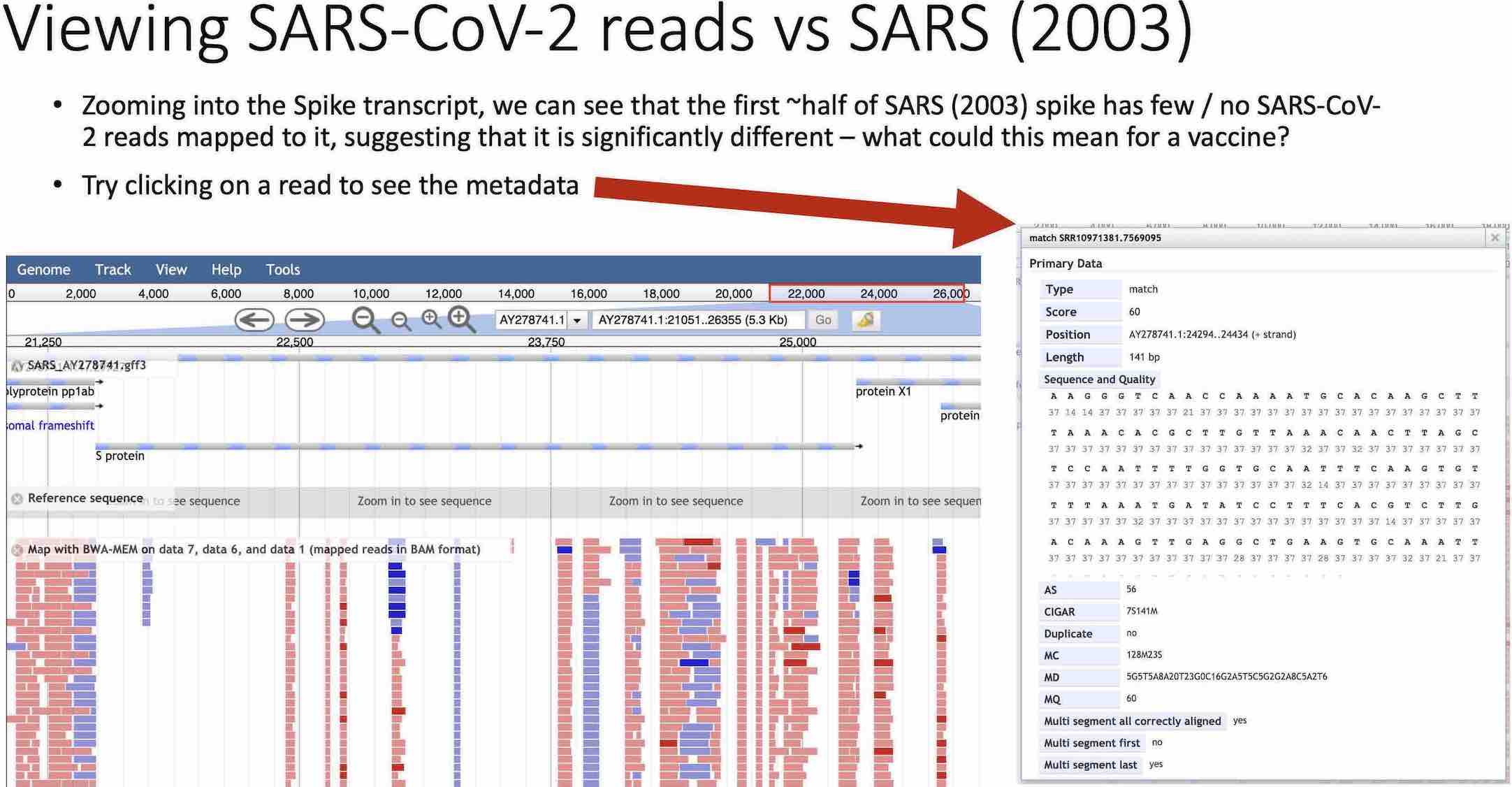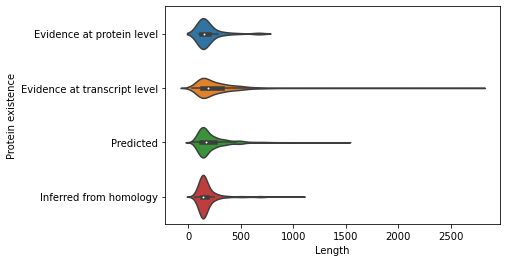Teaching Resources
Undergraduate Course Materials
We contribute to a number of undergraduate courses in SIPBS, mostly in areas related to computational biology, bioinformatics, statistics and numeracy. Most materials are available online with a permissive open access license. In some cases, material is provided through university servers, with corresponding access restrictions.
BM425: Advanced Microbiology

BM425 is the Advanced Microbiology module of our undergraduate degrees, including the 5-year MSci in Microbiology. This course covers genome sequencing, genome assembly, and comparative genomics. This module comprises a series of lectures and includes a half-day workshop, for which we gratefully receive support from the Teaching Infrastructure as a Service (TIaaS) provided by GalaxyEU.
BM432: Being a Biomolecular Scientist

BM432 is the fourth-year “Being a Biomolecular Scientist” course, which aims to train our students in general skills that cut across all aspects of a scientific career. As part of this, we present a series of workshops on project management (especially management of digital research data), data analysis, and data preesntation. The quantitative parts of the workshop are deliberately intended to develop student intuition, while presenting concepts with a minimal amount of algebra or calculation.
To present these materials, we use GitHub, and shinyapps.io. All original material is made available under an MIT licence.
MP429: New Medicines: Better Medicines: Better Use Of Medicines

MP429 is the fourth-year “New Medicines: Better Medicines: Better Use Of Medicines” module. As part of this we present a flipped half-day workshop of material supporting concepts around the use of statistics in pharmacy, and what can go wrong when statistics are misused or misrepresented. This workshop, as with BM432, is deliberately intended to develop student intuition, while presenting concepts with a minimal amount of algebra or calculation.
To present these materials, we use GitHub, and shinyapps.io. All original material is made available under an MIT licence.
Other Workshops
In addition to teaching at undergraduate and postgraduate level, we run and assist other training workshops aimed at staff and students. Some of these workshops are described below.
Carpentries Workshops
Leighton and Bailey are qualified The Carpentries instructors, with several years’ experience in running and delivering Software Carpentry and Data Carpentries workshops across to teach foundational coding and data science skills to researchers across the UK.
We have hosted workshops at Strathclyde, and at other sites across the UK and internationally, including:
- 2021-05-11 Strathclyde
- 2021-05-04 Strathclyde
- 2019-05-30 St Andrews
- 2019-05-02 St Andrews
- 2018-11-27 St Andrews
- 2018-09-05 Dundee
- 2018-03-29 St Andrews
- 2018-01-11 NUI Galway
- 2017-12-04 St Andrews
- 2016-10-17 Edinburgh (CoDiMa)
- 2016-01-11 Dundee
- 2015-11-16 Manchester (CoDiMa)
- 2014-12-03 Edinburgh
2021-01-13 SIPBS Research Day Workshop: Better UniProt

As part of the annual SIPBS research day, we presented an afternoon workship in the use of the UniProt protein database. The aims of this workshop were:
- to introduce UniProt as a useful data resource across SIPBS
- to help staff and students move from the point-and-click browser interface, to automated, programmatic queries
- to introduce Python as a tool for computational biology
- to introduce the Jupyter notebook as a platform for reproducible data analysis and research
The workshop was presented over Zoom, due to the ongoing pandemic restrictions, and used GitHub, and MyBinder. All original material is made available under an MIT licence.